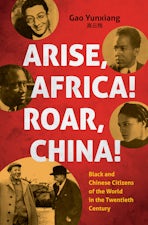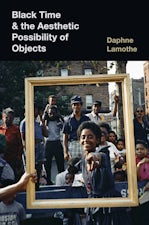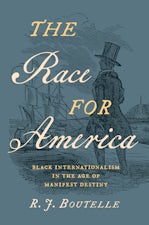Our Rightful Share
The Afro-Cuban Struggle for Equality, 1886-1912
By Aline Helg
375 pp., 6.125 x 9.25, 17 illus., 1 map
-
Paperback ISBN: 978-0-8078-4494-6
Published: February 1995
Buy this Book
Awards & distinctions
1998 Gordon K. Lewis Memorial Award for Caribbean Scholarship, Caribbean Studies Association
1995 Wesley-Logan Prize in African Diaspora History, American Historical Association
1997 Elsa Goveia Prize, Association of Caribbean Historians
About the Author
Aline Helg, professor of history at the University of Geneva, is author of Civiliser le peuple et former les élites: L'éducation en Colombie, 1918-1957.
For more information about Aline Helg, visit
the
Author
Page.
Reviews
"Aline Helg's assiduously researched study based on archives in Cuba, Spain, and France is one of the first substantive works in English on this topic."--The Historian
"An extremely important book. It is an impressively researched, well-thought out, and well-written study."--American Historical Review
"An important contribution to the body of historiography on race relations and politics in Cuba. It is a thoroughly researched, well-written, well-organized, and balanced account. . . . A model of the historians' craft."--Slavery and Abolition
"Our Rightful Share represents admirably exhaustive research, excellent analysis, and impressively balanced conclusions. Its extraordinarily rich archival and secondary sources are examined with exemplary skill and commendable sensitivity."--Franklin W. Knight, The Johns Hopkins University
"A major contribution to the literature on race, culture, and politics in the post-emancipation Americas. Clearly and vividly written, and making skillful and creative use of rich primary sources, it is a worthy companion volume to Rebecca Scott's Slave Emancipation in Cuba."--George Reid Andrews, University of Pittsburgh




